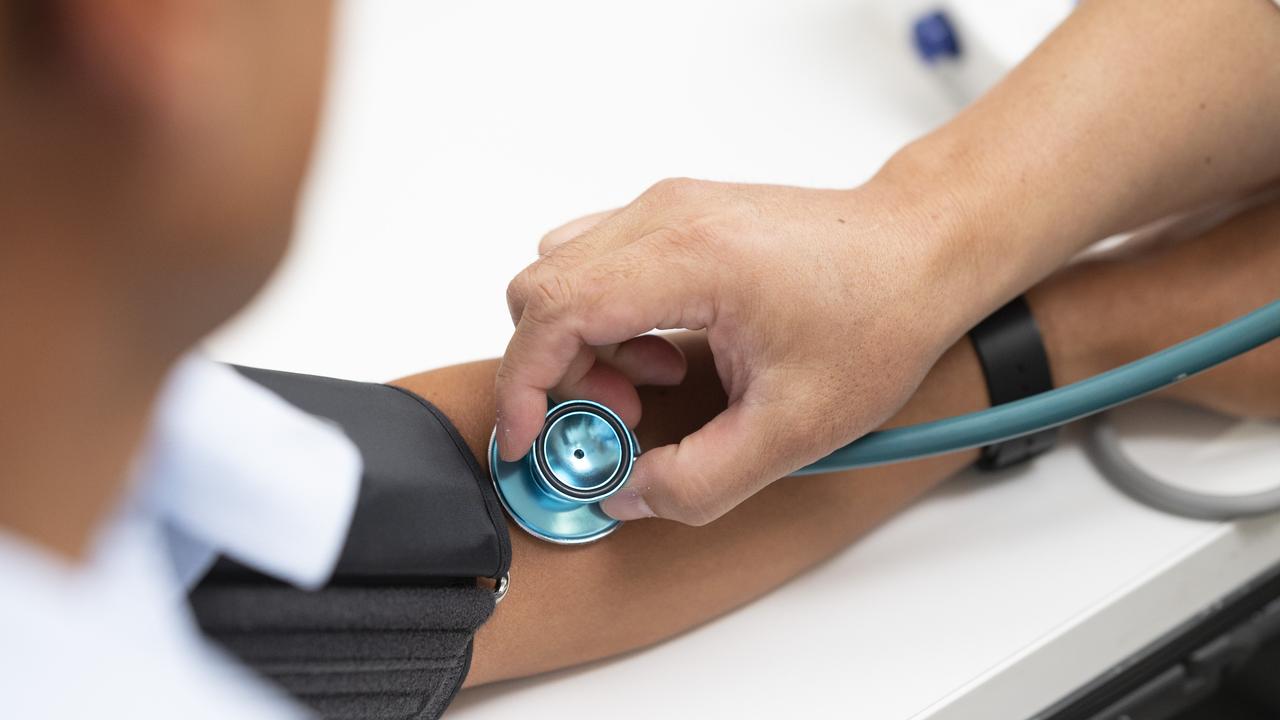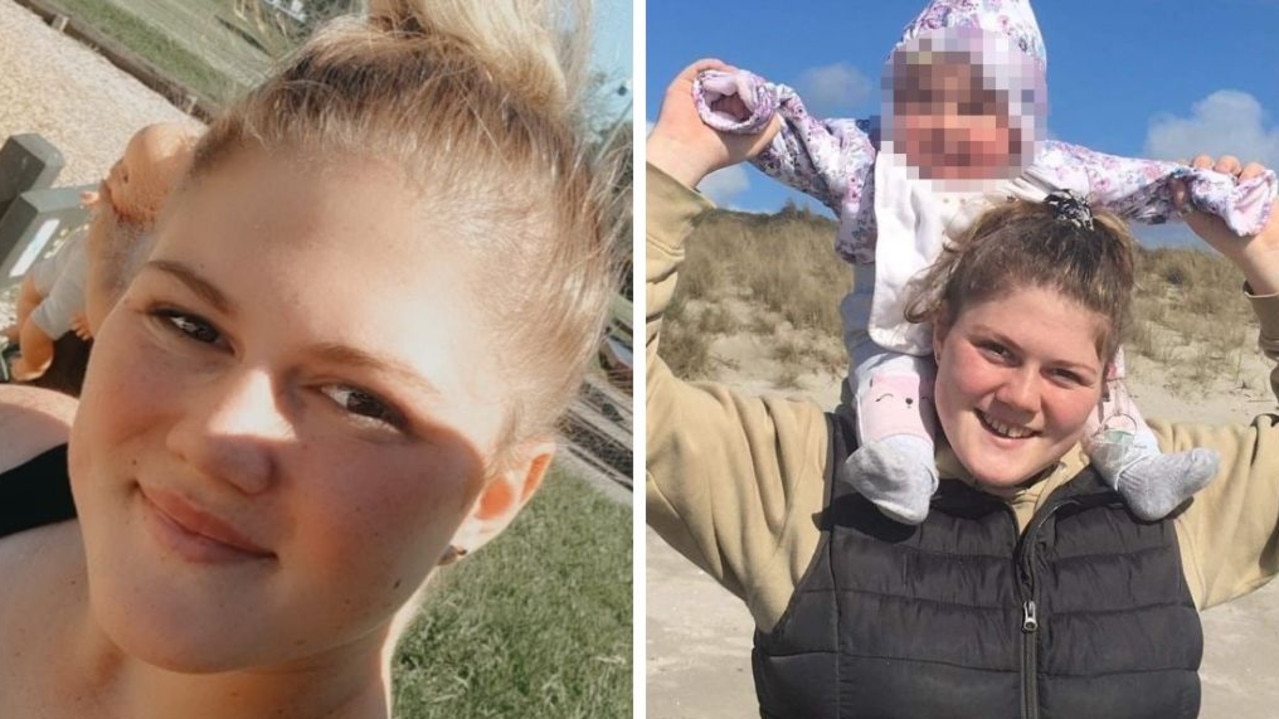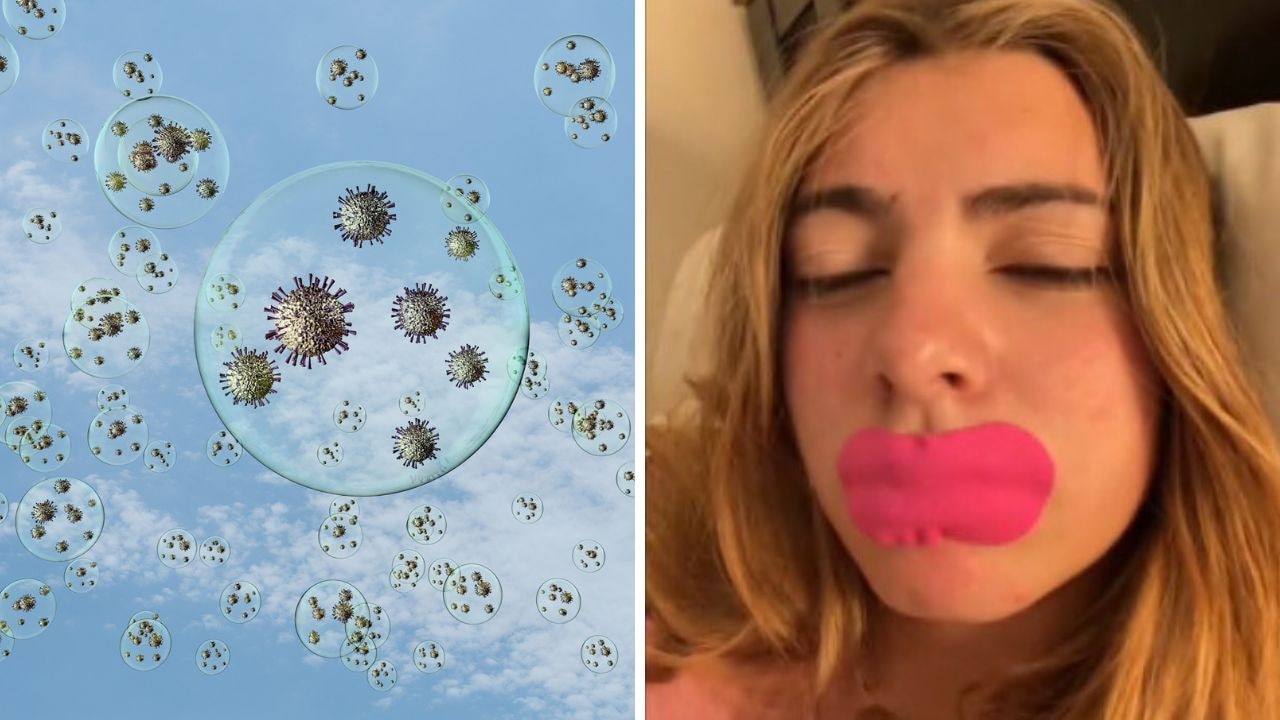Unusual virus behaviour in NSW patient reported
A person in New South Wales who contracted coronavirus became infectious much, much earlier than they should’ve, health authorities reveal.
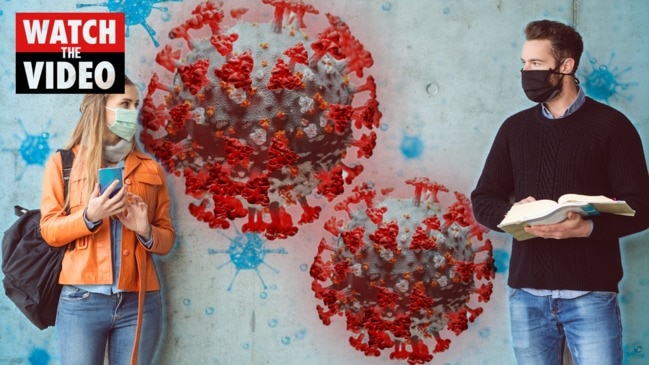
Health authorities have revealed that a person with coronavirus in New South Wales was infectious much earlier than is normal.
The odd case was confirmed today by Professor Michael Kidd, the country’s deputy chief medical officer, who described the behaviour of COVID-19 in that patient as “unusual”.
Typically, people infected with COVID-19 will develop symptoms within five to seven days and are usually infectious 24 hours prior to feeling ill.
“(The NSW patient) appears to have become infectious within 24 hours of being infected with COVID-19,” Professor Kidd said.
RELATED: Follow the latest coronavirus updates
“The advice from infectious disease experts and the Australian Health Protection Principal Committee is that while this is unusual, it is not implausible,” Professor Kidd added.
“There is a wide distribution in the incubation period for COVID-19 and the time that people become and remain infectious.”
No other details about the person, how they contracted the virus or their current condition were provided.
Coronavirus seems to affect some people differently, but epidemiologists believe the infectious period could last for at least seven days after symptoms present.
When someone has been without any symptoms for three days and developed the illness more than 10 days prior, it’s unlikely they are still infectious.
The total life cycle is about 14 days, which is the time frame that has guided everything from lockdown lengths to quarantine periods.
RELATED: Where Victoria's new 317 cases came from
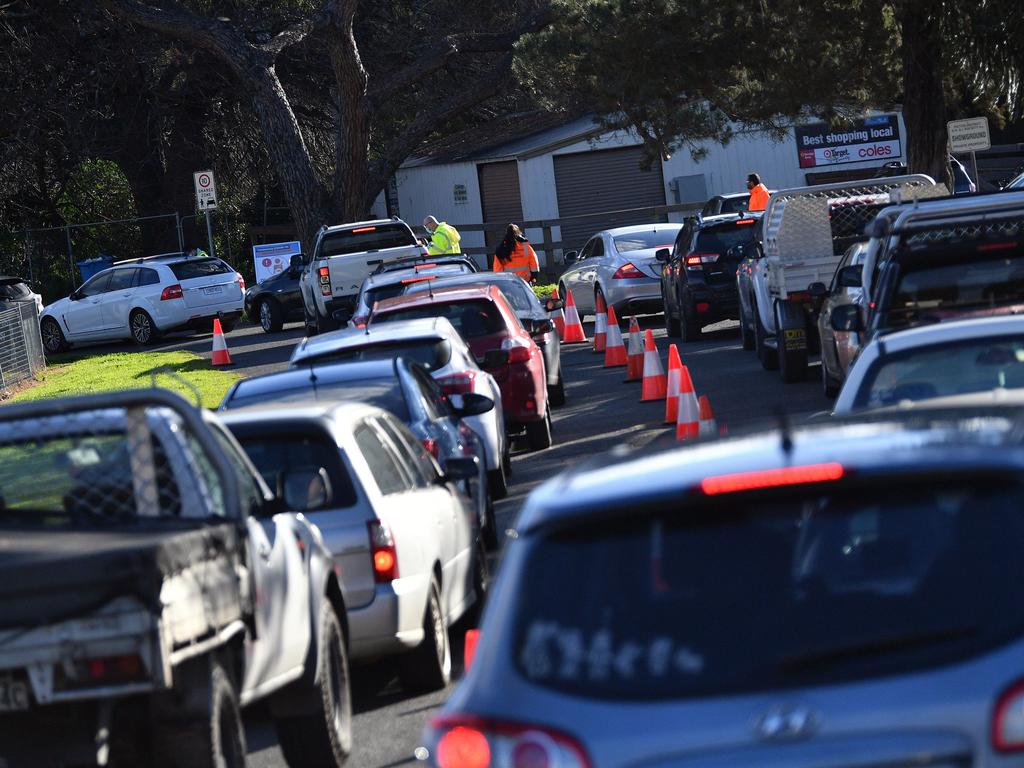
Examples of people becoming infectious so early haven’t been publicly detailed before.
Professor Kidd said the odd behaviour of the virus in this instance is unlikely to be a sign of something more sinister taking place.
”We think it’s unlikely that the strain has changed,” Professor Kidd said. “What we think is happening is how it is expressed in individual people (can change).
“As we see large numbers with COVID-19 infected in Australia, we are starting to see examples of people with early infectivity.”
In the past 24 hours, there have been 330 new cases of coronavirus diagnosed across the country, with 317 of those in Victoria alone, he said.
Ten cases were confirmed in NSW but six of those are from international travellers currently in hotel quarantine, and two cases in WA and one in SA are also from returning Aussies in isolation, he said.
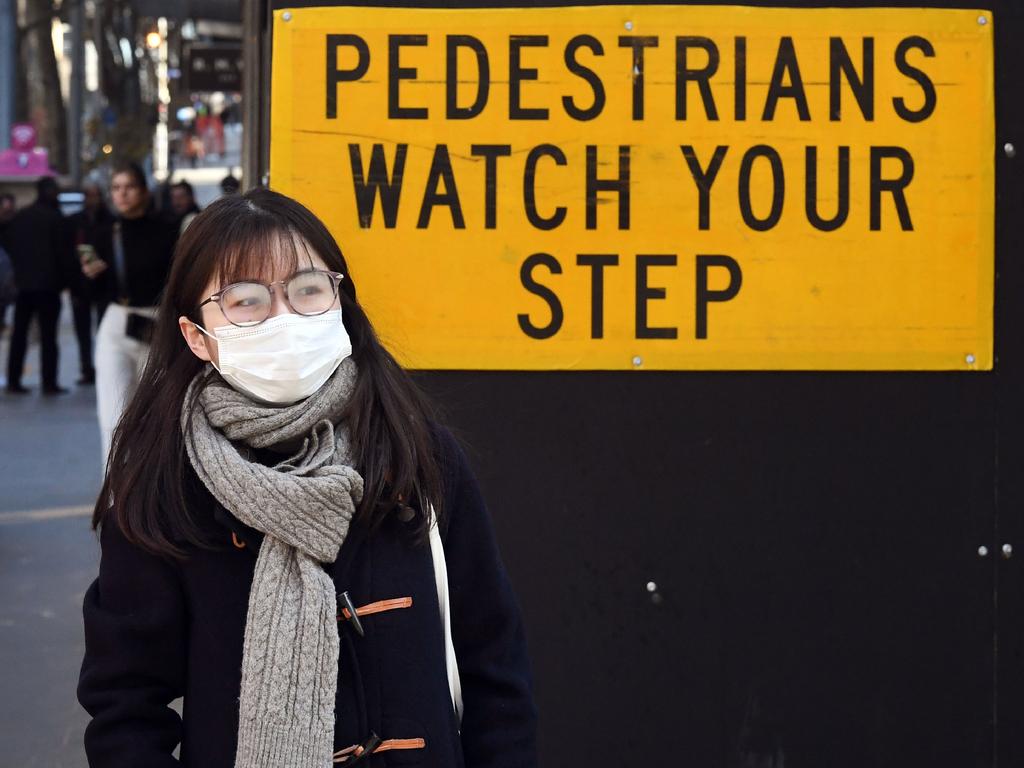
Professor Kidd expressed concern about the worsening outbreak in Victoria, particularly when it comes to clusters in aged care facilities.
“No aged care or home care worker with any symptoms no matter how mild, should be attending work,” he said.
“People must be staying at home and arranging to get tested. This way we are doing all we can to protect vulnerable Australians.”
He also announced updated advice from the expert medical panel when it comes to disability carers and Australians living with disabilities.
Carers are now advised to wear face masks if they perform their duties in areas under a stage 3 lockdown – currently Greater Melbourne and the Mitchell Shire local government area.
And people with a disability in those zones should wear a mask when receiving care.


